- 全部删除
 您的购物车当前为空
您的购物车当前为空
AKT2 Protein, Human, Recombinant (His & GST)
AKT (AK mouse plus Transforming or Thymoma) is a frequent oncogene expressed in most tissues which includes three isoforms AKT1, AKT2, and AKT3. Hyperactivation of AKT signaling is a central key in many human cancer progressions, through modulating angiogenesis, tumor growth, and cell migration, invasion, metastasis, and chemoresistance. Among all three isoforms, AKT2 is most related to cancer cell invasion, metastasis, and survival. Amplification and overexpression of AKT2 have been shown in many cancers. Accumulating evidence shows the potential role of different miRNA involvements in cancer progression by activating or suppressing AKT2 expression. The AKT2/NAB1/SPK1 pathway is a novel regulating factor of macrophage migration and cardiac remodeling after myocardial infarction. The novel mechanism of the AKT2-PKM2-STAT3/NF-kappaB axis in the regulation of ovarian cancer progression, that both AKT2 and PKM2 may be potential targets for the treatment of ovarian cancer. AKT1 and AKT2, the AKT isoforms that are highly expressed in skeletal muscle, have distinct and overlapping functions, with AKT2 more important for insulin-stimulated glucose metabolism. In adipocytes, AKT2 versus AKT1 has greater susceptibility for insulin-mediated redistribution from cytosolic to membrane localization, and insulin also causes subcellular redistribution of AKT Substrate of 160 kDa (AS160), an AKT2 substrate and crucial mediator of insulin-stimulated glucose transport.

AKT2 Protein, Human, Recombinant (His & GST)
一键复制产品信息| 规格 | 价格 | 库存 | 数量 |
|---|---|---|---|
| 5 μg | ¥ 582 | 6-8日内发货 | |
| 10 μg | ¥ 939 | 6-8日内发货 | |
| 20 μg | ¥ 1,590 | 5日内发货 | |
| 50 μg | ¥ 3,670 | 5日内发货 |
产品信息
| 生物活性 | Kinase activity untested |
| 产品描述 | AKT (AK mouse plus Transforming or Thymoma) is a frequent oncogene expressed in most tissues which includes three isoforms AKT1, AKT2, and AKT3. Hyperactivation of AKT signaling is a central key in many human cancer progressions, through modulating angiogenesis, tumor growth, and cell migration, invasion, metastasis, and chemoresistance. Among all three isoforms, AKT2 is most related to cancer cell invasion, metastasis, and survival. Amplification and overexpression of AKT2 have been shown in many cancers. Accumulating evidence shows the potential role of different miRNA involvements in cancer progression by activating or suppressing AKT2 expression. The AKT2/NAB1/SPK1 pathway is a novel regulating factor of macrophage migration and cardiac remodeling after myocardial infarction. The novel mechanism of the AKT2-PKM2-STAT3/NF-kappaB axis in the regulation of ovarian cancer progression, that both AKT2 and PKM2 may be potential targets for the treatment of ovarian cancer. AKT1 and AKT2, the AKT isoforms that are highly expressed in skeletal muscle, have distinct and overlapping functions, with AKT2 more important for insulin-stimulated glucose metabolism. In adipocytes, AKT2 versus AKT1 has greater susceptibility for insulin-mediated redistribution from cytosolic to membrane localization, and insulin also causes subcellular redistribution of AKT Substrate of 160 kDa (AS160), an AKT2 substrate and crucial mediator of insulin-stimulated glucose transport. |
| 种属 | Human |
| 表达系统 | Baculovirus Insect Cells |
| 标签 | His, GST |
| 蛋白编号 | P31751-1 |
| 别名 | v-akt murine thymoma viral oncogene homolog 2,RAC-β,RAC-BETA,PRKBB,PKBβ,PKBBETA,PKBB,HIHGHH |
| 蛋白构建 | A DNA sequence encoding the human AKT2 (NP_001617.1) (Met1-Glu481) was expressed with a C-terminal polyhistidine-tagged GST tag at the N-terminus (his-GST). Predicted N terminal: Met |
| 蛋白纯度 | > 90 % as determined by SDS-PAGE. |
| 分子量 | 83.6 kDa (predicted) |
| 内毒素 | < 1.0 EU/μg of the protein as determined by the LAL method. |
| 蛋白性状 | Solution |
| 缓冲液 | Supplied as sterile 20 mM Tris, 500 mM NaCl, 10% glycerol, pH 7.4. |
| 复溶方法 | A Certificate of Analysis (CoA) containing reconstitution instructions is included with the products. Please refer to the CoA for detailed information. |
| 存储 | It is recommended to store the product under sterile conditions at -20°C to -80°C. Samples are stable for up to 12 months. Please avoid multiple freeze-thaw cycles and store products in aliquots. |
| 运输方式 | Kinases are highly recommended to be shipped at frozen temperature with blue ice or dry ice. |
| 研究背景 | AKT (AK mouse plus Transforming or Thymoma) is a frequent oncogene expressed in most tissues which includes three isoforms AKT1, AKT2, and AKT3. Hyperactivation of AKT signaling is a central key in many human cancer progressions, through modulating angiogenesis, tumor growth, and cell migration, invasion, metastasis, and chemoresistance. Among all three isoforms, AKT2 is most related to cancer cell invasion, metastasis, and survival. Amplification and overexpression of AKT2 have been shown in many cancers. Accumulating evidence shows the potential role of different miRNA involvements in cancer progression by activating or suppressing AKT2 expression. The AKT2/NAB1/SPK1 pathway is a novel regulating factor of macrophage migration and cardiac remodeling after myocardial infarction. The novel mechanism of the AKT2-PKM2-STAT3/NF-kappaB axis in the regulation of ovarian cancer progression, that both AKT2 and PKM2 may be potential targets for the treatment of ovarian cancer. AKT1 and AKT2, the AKT isoforms that are highly expressed in skeletal muscle, have distinct and overlapping functions, with AKT2 more important for insulin-stimulated glucose metabolism. In adipocytes, AKT2 versus AKT1 has greater susceptibility for insulin-mediated redistribution from cytosolic to membrane localization, and insulin also causes subcellular redistribution of AKT Substrate of 160 kDa (AS160), an AKT2 substrate and crucial mediator of insulin-stimulated glucose transport. |



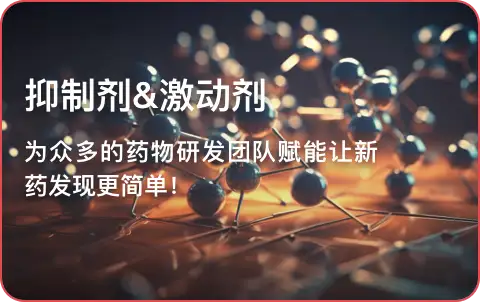


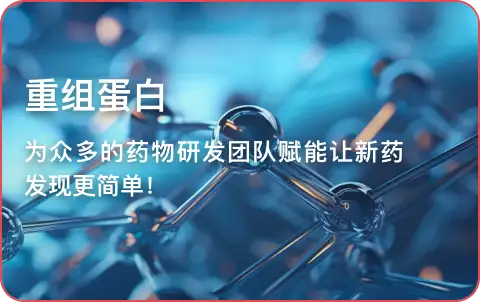
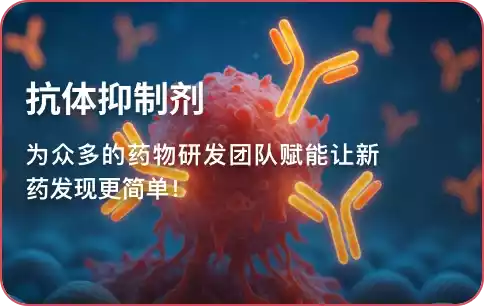
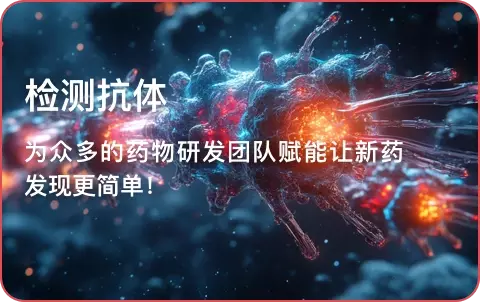
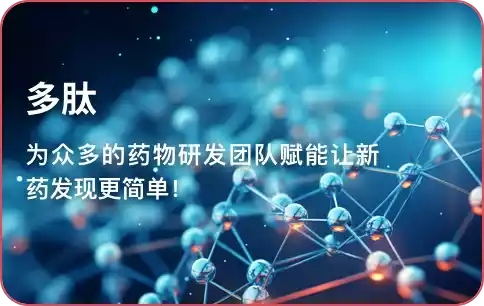
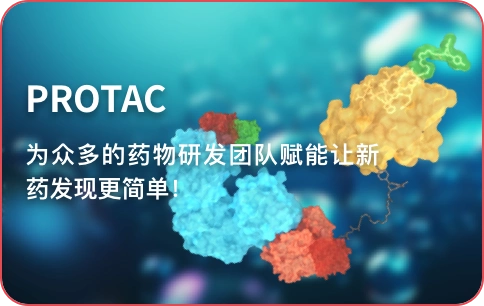
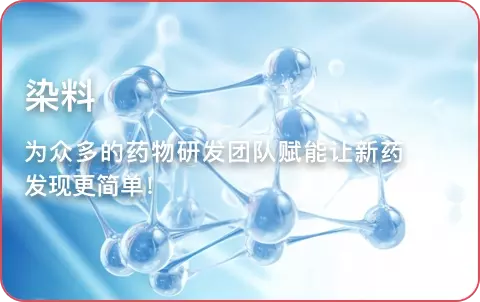


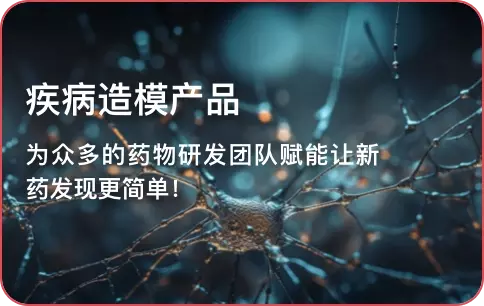
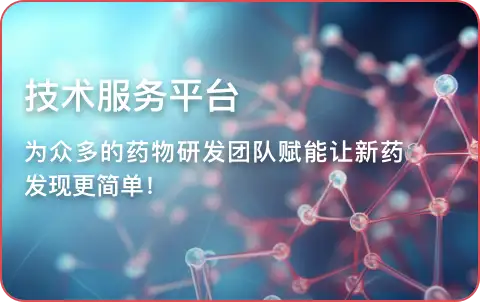
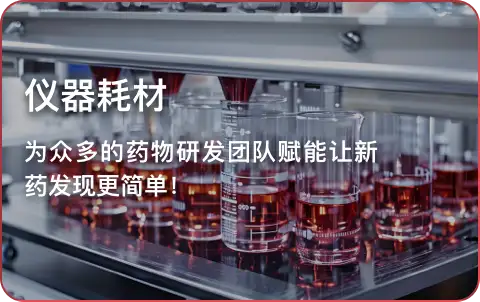

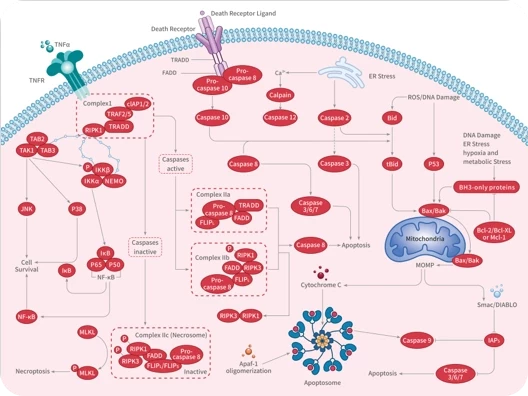
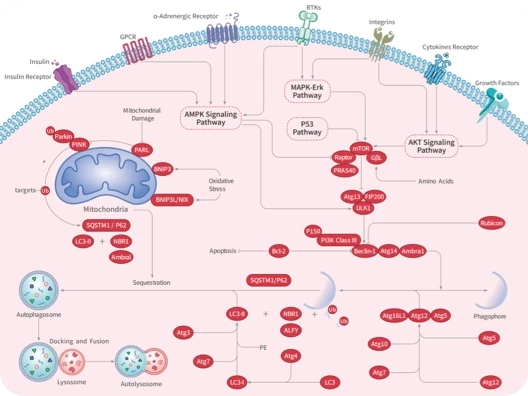

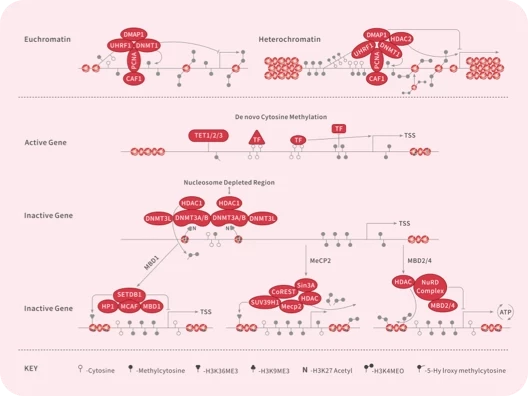
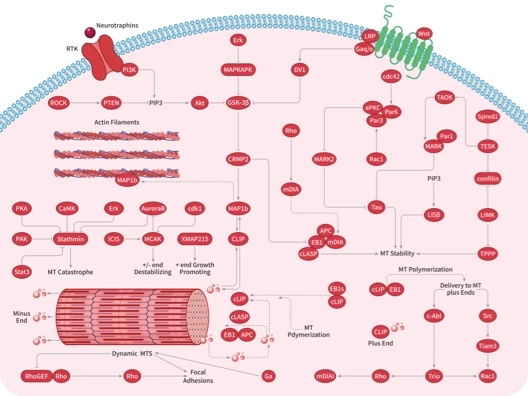
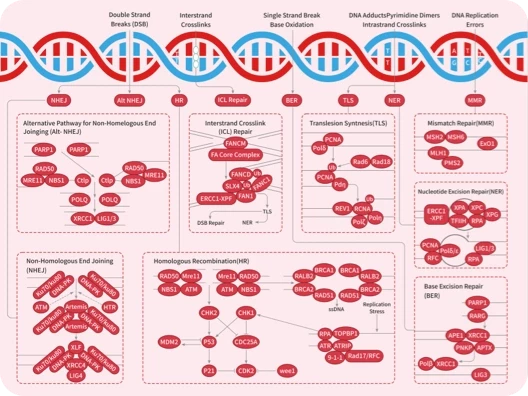
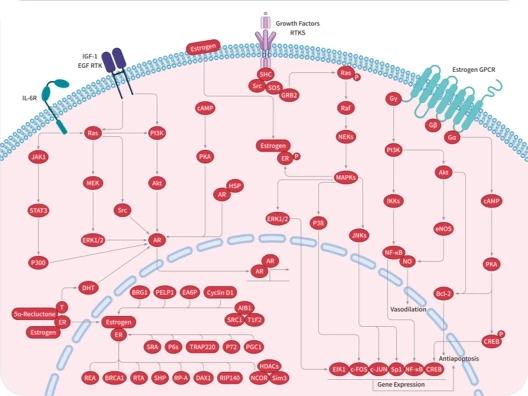
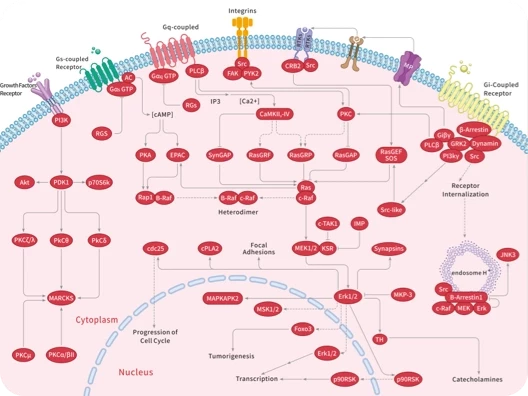
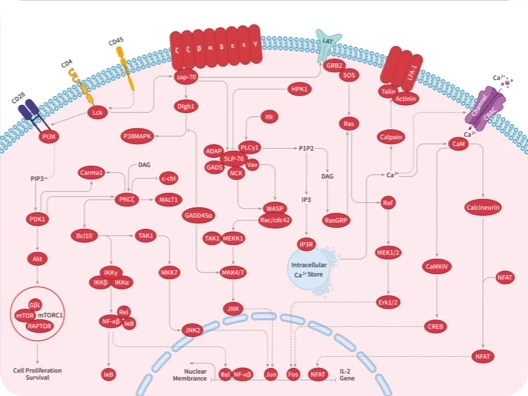
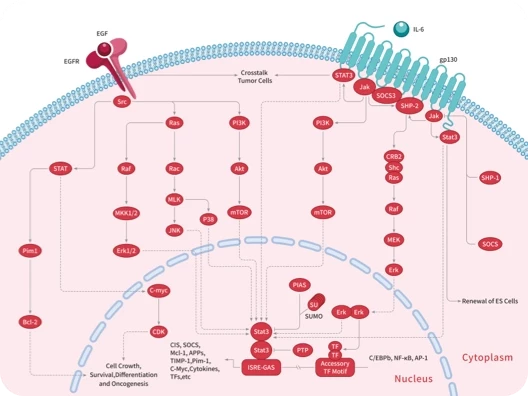
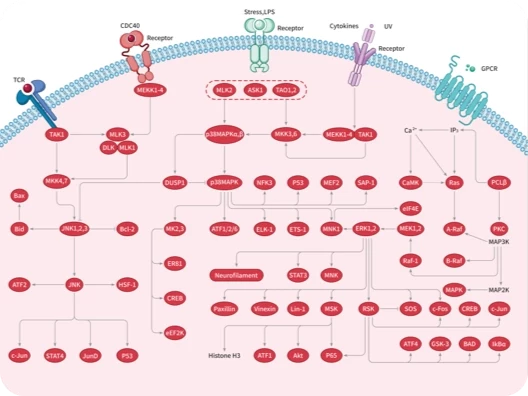
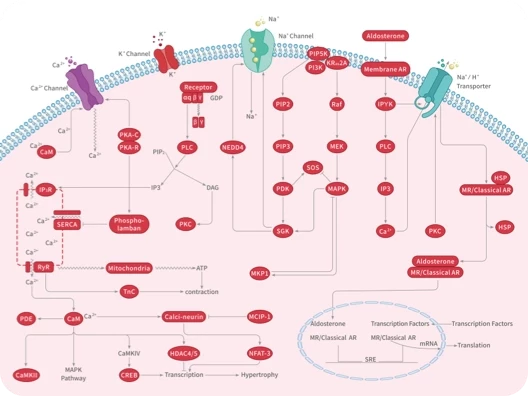
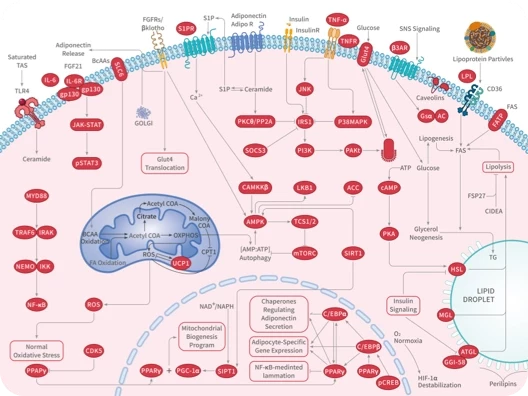
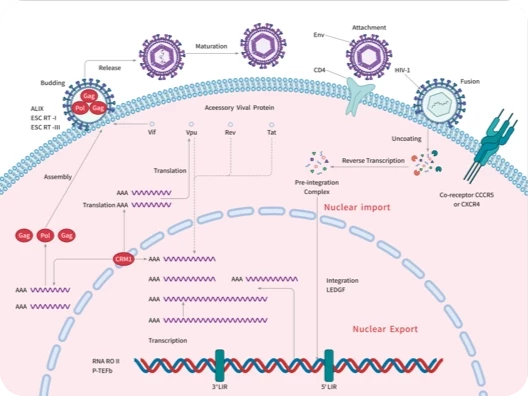

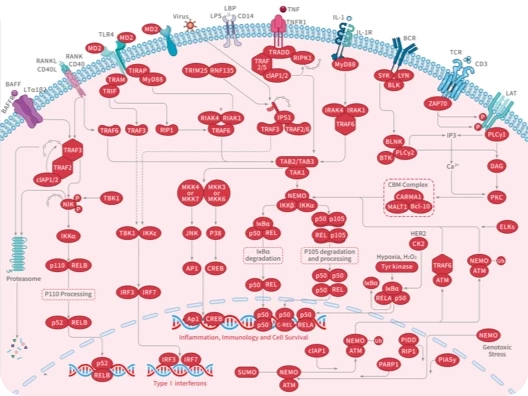
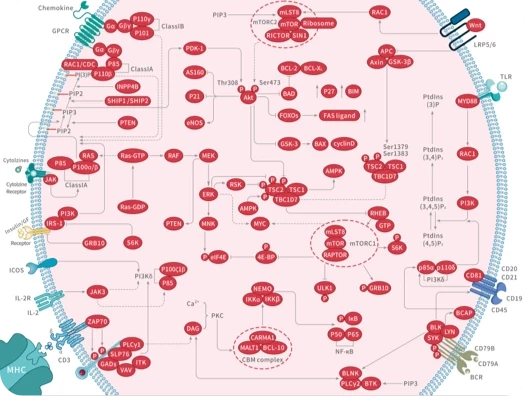
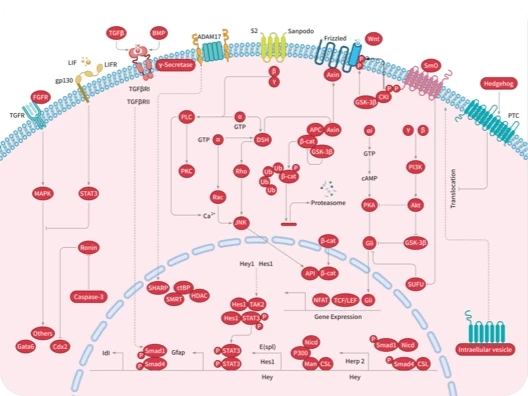
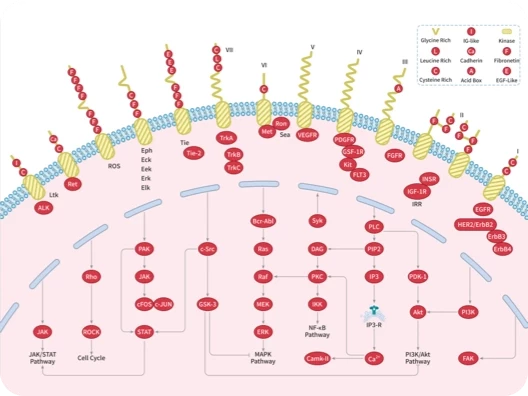
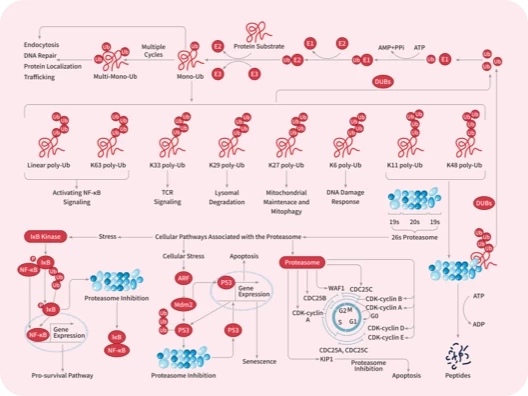


 |
|